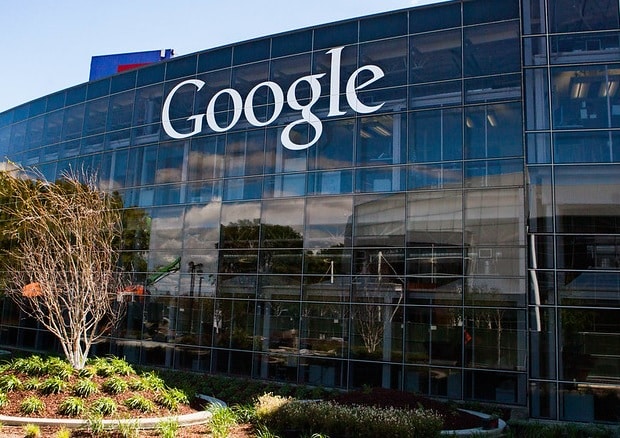The internet’s largest search engine has tightened a loophole that publishers and coupon providers had been looking to exploit. But it’s left wide open another loophole that more publishers are starting to take advantage of.
In an update to its recently-revised spam policies that have penalized many publishers sharing coupon codes, Google last week explained in more detail what it means when referring to publishers with “active involvement” in sourcing their coupon codes – who are not being penalized with lower rankings in Google search results – as opposed to those who do not have “active involvement,” and are suffering the consequences.
“Active or close involvement is when the hosting site is providing unique value to its readers by directly sourcing coupons from merchants and other businesses that serve consumers,” Google’s update explained, “not from white-label services that focus on redistributing coupons with the primary purpose of manipulating search rankings.”
Back in March, Google announced that news websites that publish “third-party content” such as coupon codes “without close oversight” and “intended to manipulate Search rankings” would be flagged as spam and treated accordingly, by ranking lower or not at all in Google search results. Since Google is how the majority of web users locate content, being delisted from Google search is essentially the equivalent of disappearing from the internet altogether.
So news publishers scrambled to show just how “actively involved” they were in producing their coupon content, which in reality is provided by third-party coupon aggregators that they partner with in order to generate an additional revenue stream. Yes, the coupon content is provided by others, publications like the Los Angeles Times, Wired and Time acknowledged. But they each claimed to work closely with their coupon providers’ “quality supervisors,” each of whom “carefully reviews each coupon and hand-picks the ones they believe are the most valuable to our audience.” Fortune went even further in saying its “editorial staff are deeply involved in selecting the categories and brands that appear on Fortune Coupons.”
No dice, Google says. According to its latest clarification, it doesn’t matter how closely these sites partner with their third-party “white-label services.” If they don’t produce the coupon content themselves – they’re officially considered spammers.
That puts a huge dent in the coupon code business model that’s developed in recent years. Online news publications host dedicated coupon pages maintained by companies like Savings United and TSG Commerce. The news sites, which tend to rank highly in Google search results, deliver more eyeballs to these companies’ coupons than they otherwise might receive, and both partners win, earning commissions from retailers for each coupon that’s ultimately used.
Taking advantage of a perceived loophole by claiming to be closely involved in maintaining their coupon pages won’t work anymore, according to Google’s latest update. So publishing “news stories” about their coupon pages appears to be the latest loophole that news sites are exploiting.
“How to use Dollar General digital coupons,” “Walmart promo codes and coupons for June 2024,” “Kroger coupons from USA TODAY’s coupons page can help you save on groceries” – they’re all headlines featured in the Money section of USA Today’s website, alongside actual headlines about actual news stories. These articles, filled with links to the publication’s dedicated coupon site, still feature prominently in Google searches for “Dollar General coupons,” “Walmart coupons” or “Kroger coupons,” even if USA Today’s coupon page itself no longer does.
USA Today first tried this trick last month, and its site now features dozens of “news stories” about its suddenly “newsworthy” coupons. And now other Gannett-owned publications like the Detroit Free Press, Cincinnati Enquirer and Austin American-Statesman are following suit. Their coupon pages may no longer show up in most Google searches, but their new articles linking to their coupon pages do.
Considering the way this cat-and-mouse game has played out so far, it could be only a matter of time before Google closes this loophole as well. Until then, get ready for your Google searches to become cluttered with a lot more “news” about coupons, as you keep up with all the latest developments right here on a site dedicated to actual news about coupons – no Google penalties required.
Image source: Anthony Quintano
















